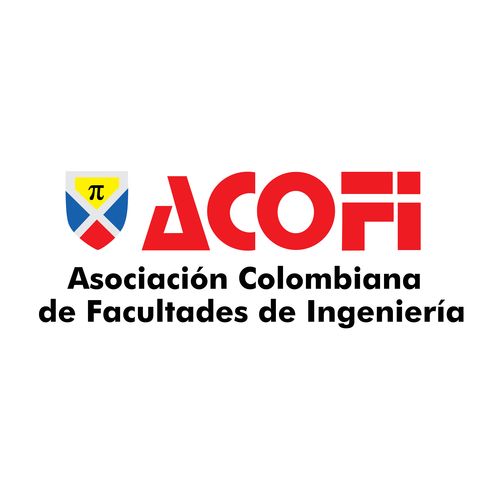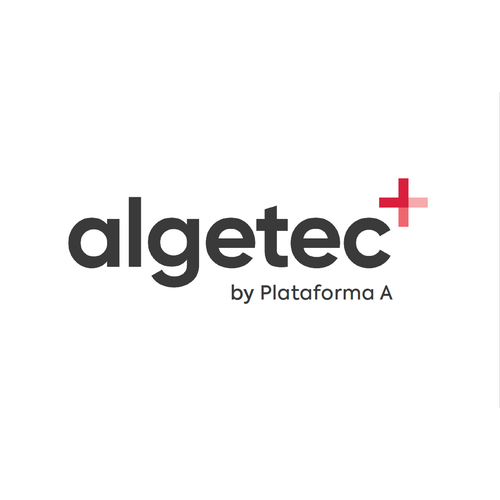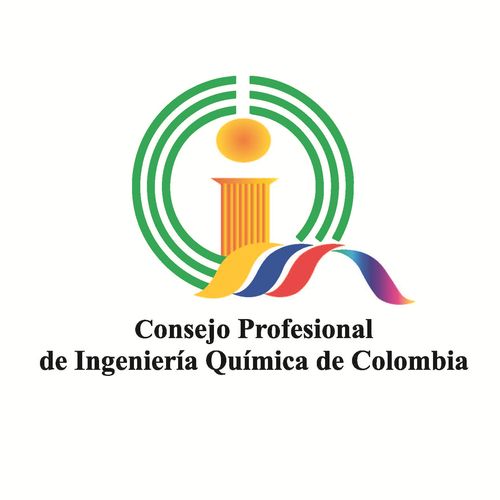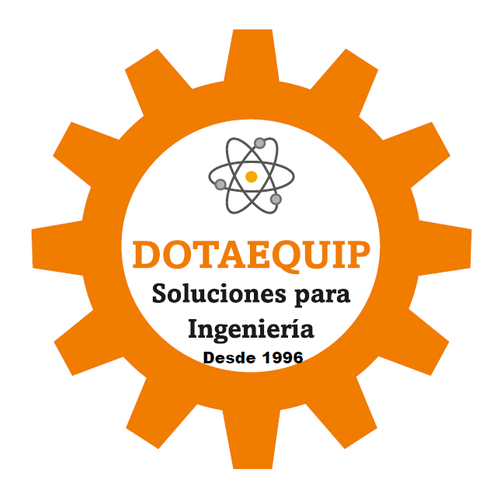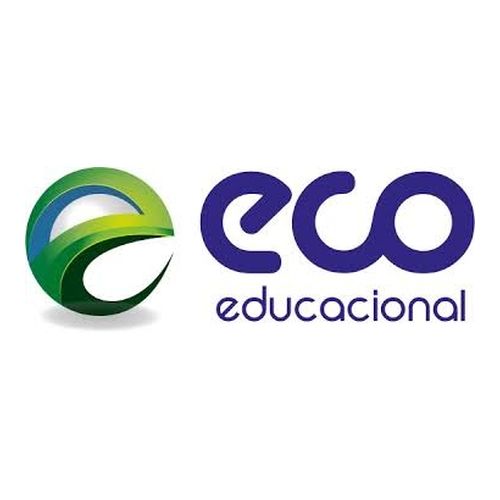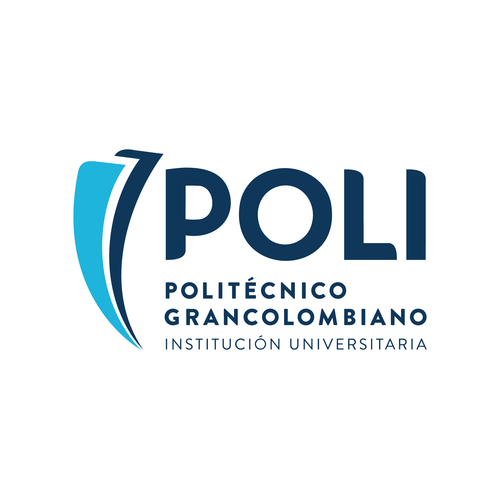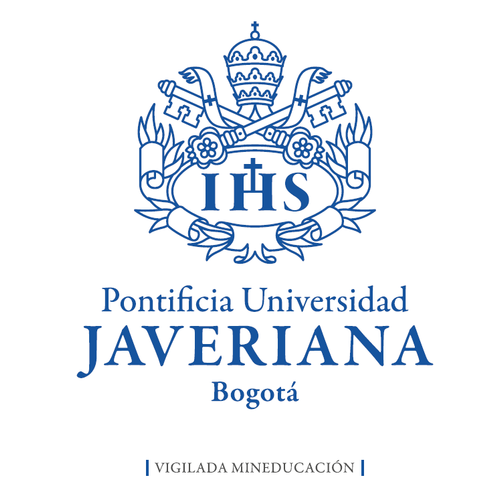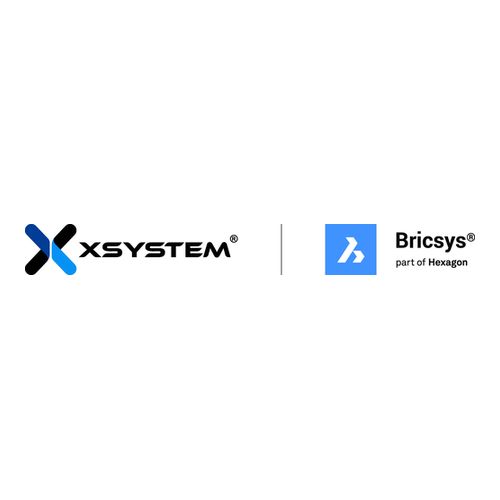Academic presentation
Engineering is grounded in technical creation guided by a rationality that seeks solutions through science and its method, with the purpose of improving people’s lives. Beyond its instrumental dimension, engineering interprets and transforms reality, responding to the needs of material culture and projecting new possibilities for human development.
Engineering professionals play a vital role in transforming the environments in which they operate. To address contemporary challenges, it is necessary to broaden their perspective: to understand objects and systems not only as tools, but also as meanings and relationships that directly affect human potential. This technical awareness, understood as a renewed form of humanism, enables us to face today’s challenges with creativity, sensitivity, and a forward-looking vision.
In this context, it is essential for engineering to better tell its story—a human, authentic, and transformative story. The work of engineering professionals generates positive impacts in economic, environmental, and social spheres. Therefore, engineering education must integrate, in addition to disciplinary knowledge, the development of human skills such as critical thinking, communication, leadership, empathy, management, and problem-solving. These competencies are essential for professional success and for contributing to collective well-being.
The World Economic Forum (WEF), in its Future of Jobs Report 2025, highlights that skills such as analytical thinking, creativity, resilience, technological literacy, and collaboration will be fundamental to face the changes brought by automation, artificial intelligence, and the green transition. It is estimated that around 44% of key job skills will change by 2030, demanding a profound transformation in educational and professional training models. (Adapted from: https://es.weforum.org/publications/the-future-of-jobs-report-2025/in-full/3-skills-outlook/).
Meanwhile, the Development Bank of Latin America and the Caribbean (CAF) has defined a strategy for 2026 that promotes sustainable development, innovation, and inclusion as pillars to improve quality of life in the region, recognizing the key role of education and technology in this process. (https://www.caf.com/es/quienes-somos/estrategia-caf/).
Aligned with this vision, Lueny Morell, during the ACOFI National Meeting in 2007, stated that if engineers are key to economic development, it is essential to (Adapted from: https://acofi.cloudbiteca.com/pmb/opac_css/index.php?lvl=notice_display&id=863):
- Innovate and reform engineering education to better respond to local and global challenges.
- Implement and strengthen quality assurance and accreditation mechanisms.
- Promote innovation, creativity, and entrepreneurship.
- Actively involve all stakeholders.
Within this framework of transformation, engineering and its education are called to strategically address the challenges of an increasingly interconnected and diverse world. The technical, environmental, social, cultural, and financial conditions that characterize different contexts require creative, collaborative, and sustainable responses. Through its capacity for innovation, engineering can generate solutions that significantly contribute to improving quality of life, reinforcing its role as a driver of human and social development.



